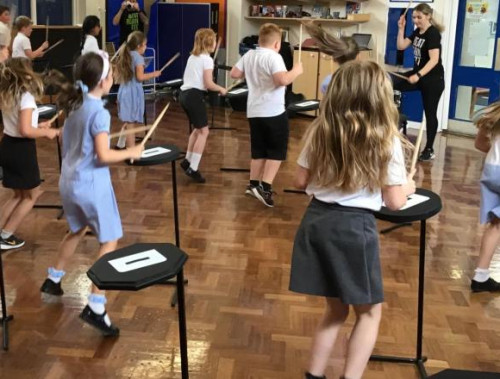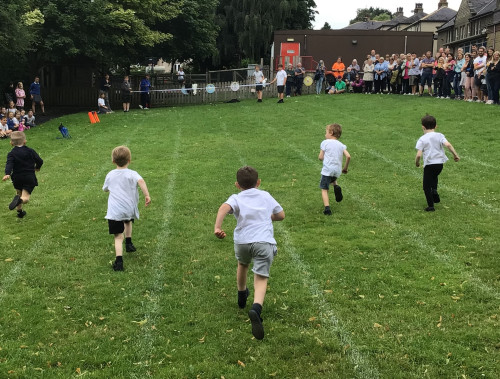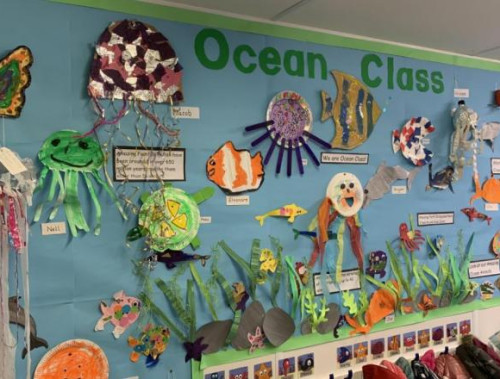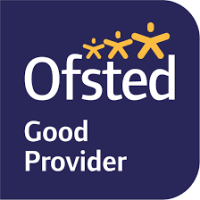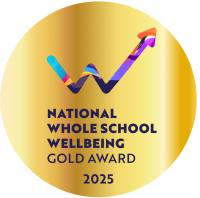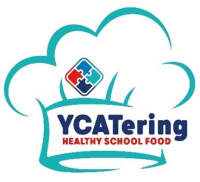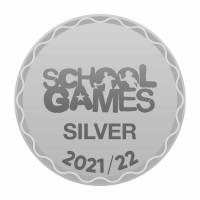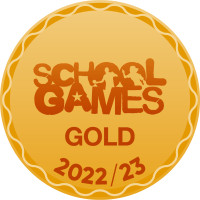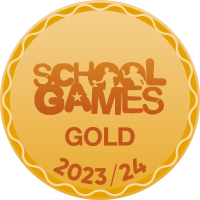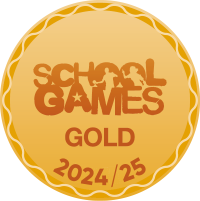Curriculum
The term 'Curriculum' refers to the learning experiences provided by the School.
![shutterstock_1466824106(1)-[Converted]](/images/uploads/14/381/shutterstock_1466824106%281%29-%5BConverted%5D.png)
At Bradleys Both Community Primary School we strive to provide an exciting, stimulating and meaningful curriculum that is used to teach important skills, knowledge, understanding and values.
The curriculum is reviewed annually to utilise and incorporate opportunities that arise during the year, focus themes around the children’s interests and bring learning to life. We embrace opportunities to make links between subjects by linking concepts for different subjects within umbrella topics.
The teaching at Bradley School aims to provide a thorough grounding in skills, attitudes and understanding through a process of planned development. To ensure high quality teaching, we use a wide variety of teaching styles, skills and resources with work being clearly differentiated to meet the needs of individual children. Assessment and close monitoring of each child ensures progress is made throughout the year. Children who are gifted and talented in specific curriculum areas are identified and provided with work to ensure they continue to make progress. Children who require additional support to make progress are identified and offered the appropriate intervention activities.
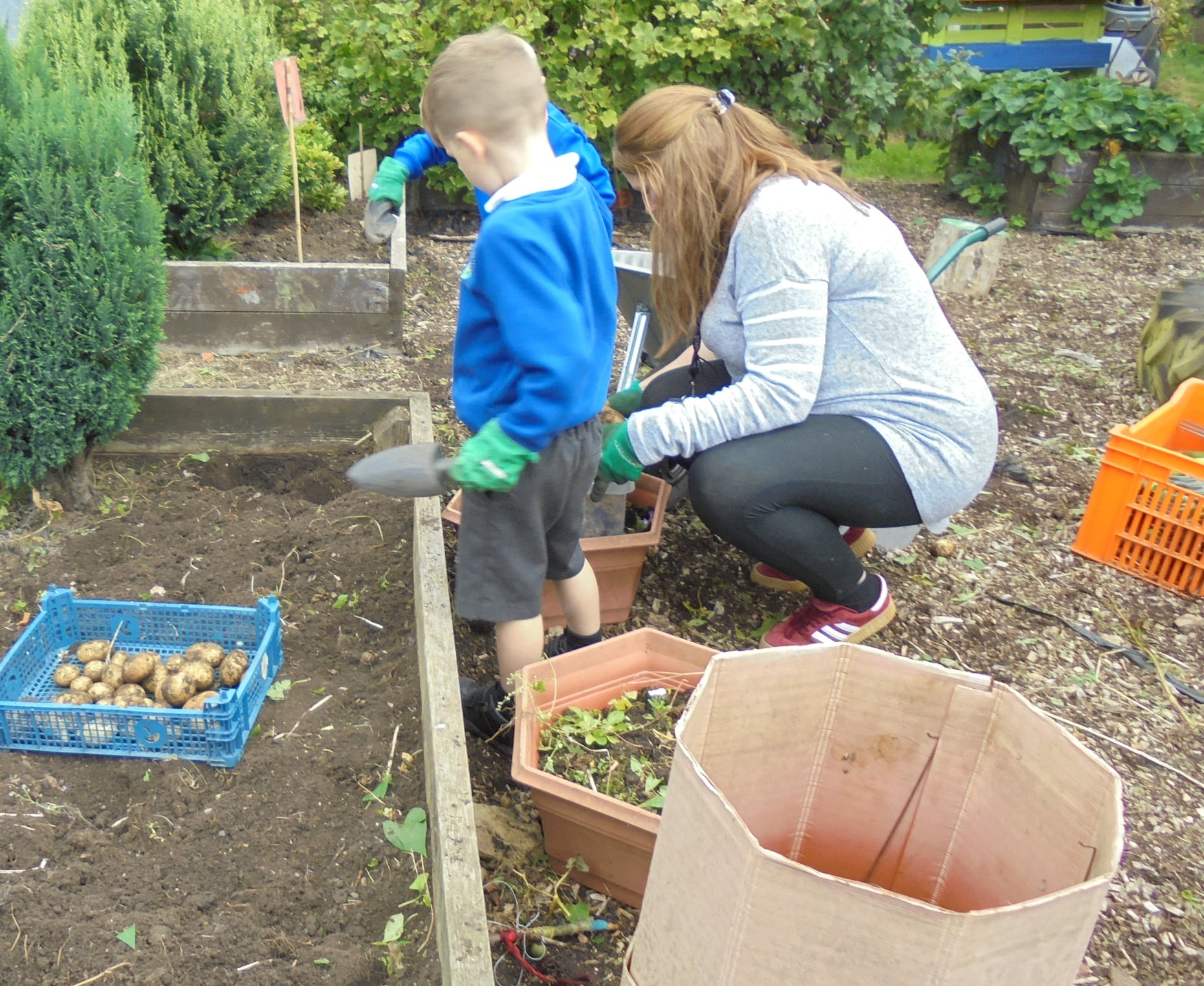

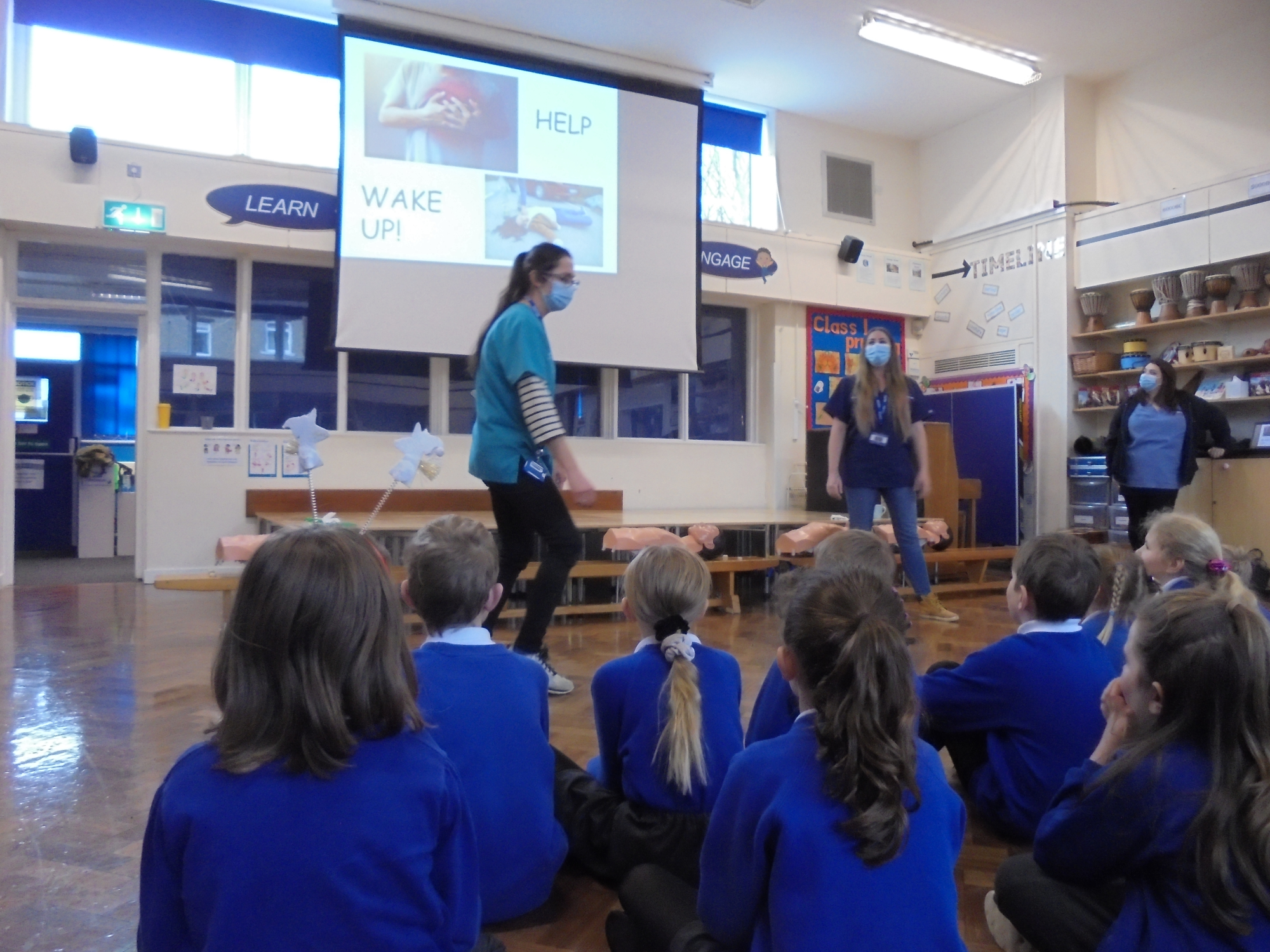
The Early Years Foundation Stage
The first stage of school is known as the Early Years Foundation Stage (EYFS). The play based curriculum underpins all future learning by developing the children’s social and personal skills whilst building positive attitudes to learning.
The EYFS is divided in to three prime areas of learning:
- Communication and language
- Physical development
- Personal, social and emotional development
And four specific areas:
- Literacy
- Mathematics
- Understanding the world
- Expressive arts and design
Key Stages 1 & 2
All children follow the National Curriculum. Mathematics, English, Science, Computing, History, Geography, Music, Art, Design Technology, PE and RE are taught throughout the school. Topics are taught on a 2-year rolling programme with links between subject areas so that the children can apply, consolidate and develop their skills, knowledge and understanding from one subject to another. PSHCE (Personal, Social, Health Citizenship and Economic Education & RSE (Relationships and Sex Education and Health Education) are also included in the school’s curriculum. French is taught to the children in Years 2 to 6.
Mathematics: We aim for our children to enjoy Maths and have a positive attitude to the subject. The teaching of Mathematics follows a structured year group plan based on the national curriculum and following the White Rose Maths scheme of learning as well as incorporating other Mathematics resources. Year group concepts are taught through a range of learning experiences and activities, including practical tasks, practice, problem solving tasks and written strategies. Formal teaching is balanced with practical activities where appropriate. After discussion in class, children will consolidate their learning in written tasks or mathematical investigations. Enrichment and extension are provided to extend the more able children.
English: When the children first start school, they are introduced to skills that will prepare them for reading, writing, speaking and listening. Phonics is taught following Letters and Sounds, using the Little Wandle scheme of learning. Our Key Stage 1 and early Key Stage 2 children use a range of reading texts, including a core reading scheme. As their skills develop, they move away from reading schemes and are encouraged to read additional texts including newspapers, comics, non-fiction, online texts and topic books to develop their enjoyment of reading whilst developing their individual reading skills. All children are expected to take their books home each night to share with their parents.
Children’s writing covers different text genres with the children writing for different purposes and audiences. Great emphasis is placed on the correct use of grammar and punctuation. Presentation is very important and children are encouraged to develop a legible and neat style of handwriting as they mature. Opportunities are provided for speaking and listening and drama in a variety of situations across the curriculum.
Science: Emphasis is placed on developing an enquiring mind and children are encouraged to ask questions and find answers. Much work is done practically and through investigations where children are involved in exploring, observing, measuring, recording results and drawing conclusions. Research from secondary sources is also an important aspect of science, particularly in KS2. Children use books, video and the Internet to gain knowledge in different areas.
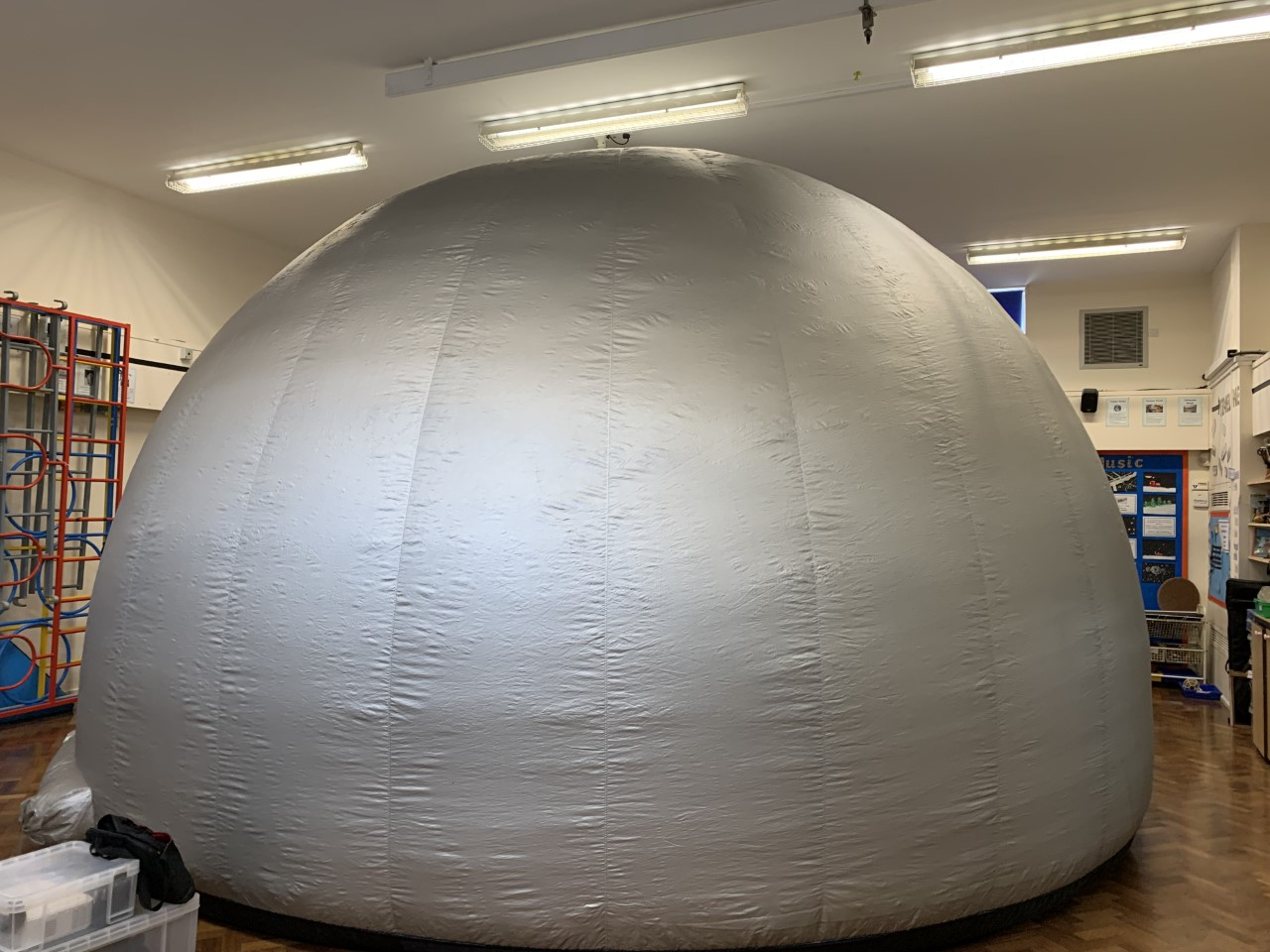
Computing: is a major part of our lives and will continue to be so into the future. At school we teach specific computer skills that will help the children participate in the ever changing world of technology. The school is resourced with Chrome books that are stored centrally and used within classrooms when delivering both computing lessons and when being used in cross curricular learning. The school is well equipped with an interactive whiteboard in classrooms. Computing is linked with all subjects and children have many opportunities to extend their skills. Children are taught how to use the Internet safely, developing understanding of email, online resources, and remote ways of working. Classes use ipads as tools for gathering evidence, evaluating their own work and recording experiences.
History: Children are curious by nature and we encourage them to use evidence to find out about the past.. The staff organise visits to places of historical interest and invite visitors into school to share their knowledge and experiences with the children.
Geography: Children study the physical, human and environmental aspects of geography. These themes are studied by looking at their local environment, contrasting localities in the UK and in other areas of the world. The local environment is an important resource for children and they go out into the locality whenever possible as part of their studies.
Music: Class music lessons follow the National Curriculum and include, listening and appraising, composing, performance and ensemble playing. The children participate in the Wider Opportunities music programme learning to play a real instrument within class lessons. The children start with whole class Djembe drumming in Year 3 and progress to whole class Ukulele playing throughout key stage 2. In addition to music taught in lesson times, there are many opportunities for the children to learn a musical instrument.. A number of children have violin, guitar, keyboard and drum lessons with teachers from the county music support service. There is a charge for the tuition for this service which is charged termly.
![IMG_1709[1]](/images/uploads/original/541/IMG_1709%5B1%5D.jpg)
Art : Art is based on both imagination and observation. Children use a variety of materials, media and tools to express their ideas and feelings. They are taught to appreciate, evaluate and to make judgements about art, craft and design from different times and cultures and to make practical decisions about how to develop their own work.
Physical Education: The children are taught three areas of activity in Key Stage 1 (games, gymnastics and dance) and six areas in Key Stage 2 which include the same activities and in addition, outdoor and adventurous activities, athletics and swimming.
The school is well equipped for PE and games. In the hall there are wall bars, climbing frames, soft-topped apparatus and large mats. When this large apparatus is not in use, the hall provides a large area for floor work and for the use of small apparatus. The playground and school field provide larger spaces for ball games and other sporting activities.
Boys and girls have the opportunity to take part in sporting activities involving other schools. The school is a member of the Craven Schools Sports Partnership which provides opportunities for the children to take part in a range of sporting activities with children from local schools.
At the end of the summer term we hold a whole school Sports Day and the children take part in lots of fun and sporty activities. The children in Year 6 attend an Outdoor Education Centre for a 3-day residential which includes activities such as canoeing, dry-slope skiing and rock climbing.
Swimming lessons are provided for the children in targeted year groups with the children using the Craven Swimming Pool in Skipton.
Design Technology: Children are given tasks in which they are required to design and make a variety of items. They develop their knowledge of tools and techniques and practise skills through specific tasks. They are encouraged to evaluate their own work and the work of others.
Religious Education and Collective Worship: .RE plays an important part in a child’s overall development – spiritual, moral, cultural and social. The content of the RE curriculum is based on the LA syllabus which covers the teaching of Christianity along with the study of other religions. There is a daily act of collective worship led by the staff as well as the Rev. Peter Thomas, from Skipton Baptist Church, who leads an assembly once a term.
Parents wishing to withdraw their children from collective worship or from RE should contact the school. Alternative arrangements will be made for these children.
Personal, Social, Health, Citizenship and Economic Education: PSHCE helps children to understand and respect diversity, different opinions and values, skills that will equip them to lead happy, confident, healthy and independent lives as they grow up. Through a range of activities and experiences we help them recognise their own worth and to take responsibility for their actions and learning. Relationships and Sex Education : Sex education is taught at Bradley School, not as a separate subject but as part of our Personal and Social Development curriculum. It is supplementary to, and supportive of, the scientific aspects covered within the Science curriculum, concentrating on the behavioural and psychological aspects of human sexuality. In Year 5 and 6 the children receive focused teaching about relationships and puberty, teaching children about body changes. Further details are shared with parents.
French: French is taught to the children in Years 2, 3, 4, 5 and 6. All four classes follow a theme every half term which introduces and reinforces vocabulary and phrases. The programme of work is devised to develop children’s enjoyment of the language and prepares them well for transfer to secondary school.
Homework:
All children regularly take work home. Homework can take several forms but is mainly based on English (reading, writing and spelling) and Maths reinforcement of work already covered at school. Research tasks can also be set for the older children at times of the year, linked to their classroom work. The children have access to an online subscription for Time Tables Rockstars to reinforce and improve their tables recall. A further online subscription to IXL provides opportunities for children to reinforce their Maths and English learning from school, while at home.
Further Information for Parents/Carers
We actively encourage parent's awareness of our approaches to teaching and learning to enable them to support their children outside of school. Our Early Years parents are invited to attend 'drop in' meetings with staff to gain greater understanding of our approach to teaching phonics and reading.
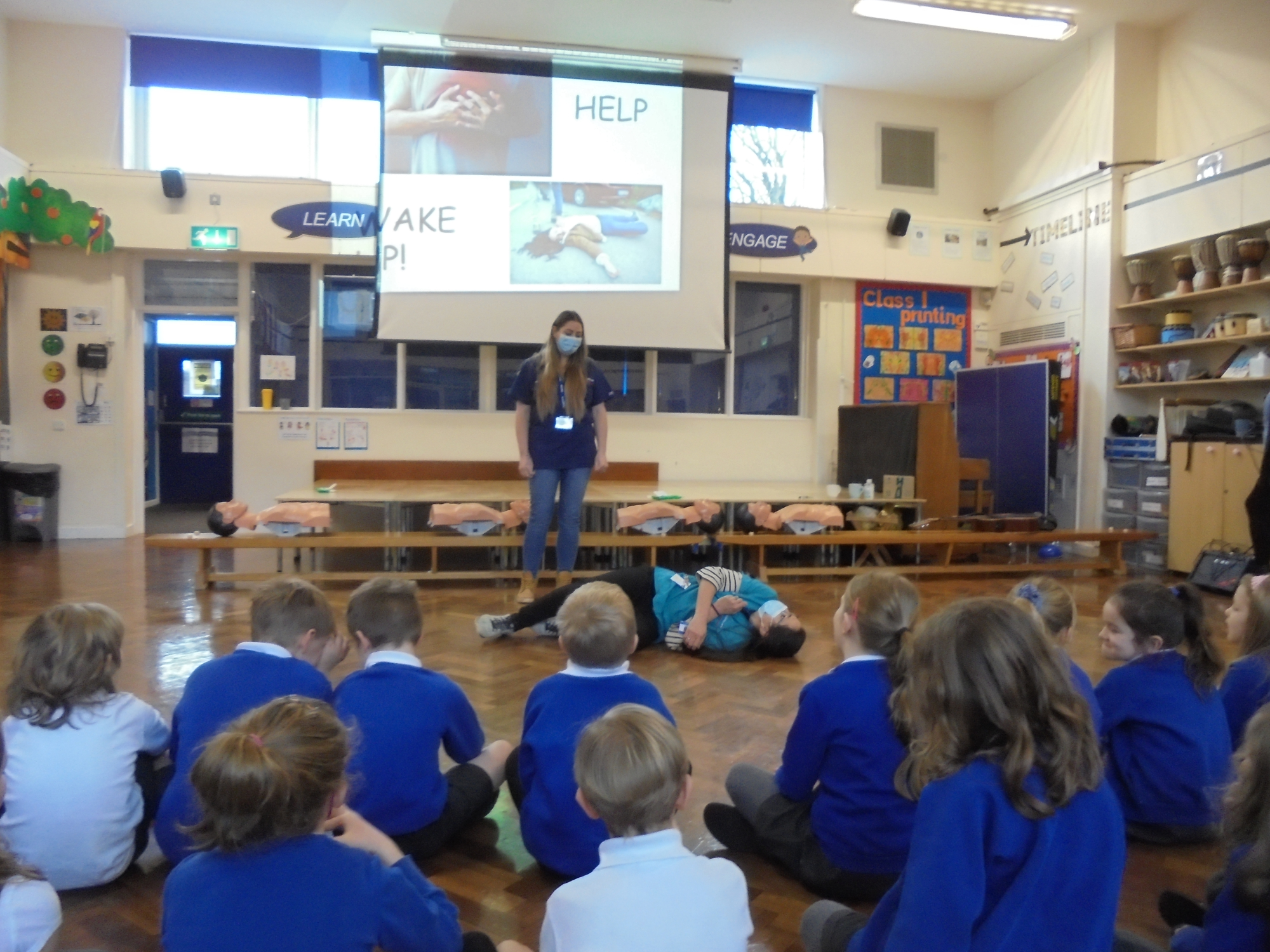
Our school provides termly Curriculum Newsletters for each class to inform and share intended learning through our planned topics, visits and experiences. A review of each half term will be sent home to share outcomes, photos and achievements. Further achievements will be shared as part of Friday Newsletters. etter.
National curriculum downloads
School curriculum downloads
![IMG_1709[1]](/images/uploads/original/541/IMG_1709%5B1%5D.jpg)
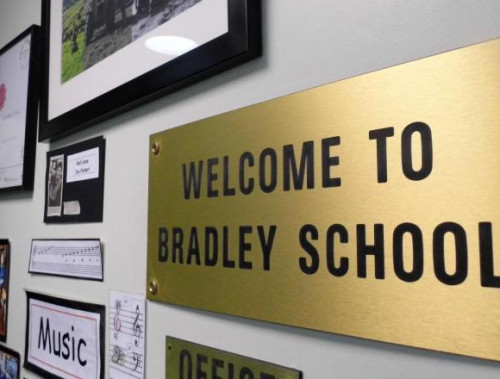
![IMG_1116[1]](/images/uploads/img-3-535.jpg)
